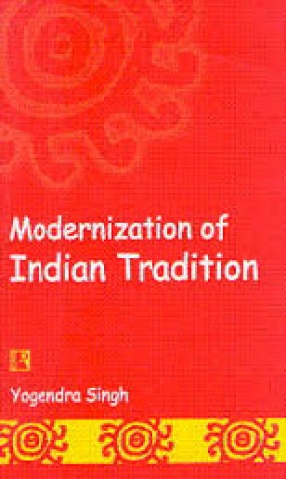
Yogendra Singh

Showing all 9 books

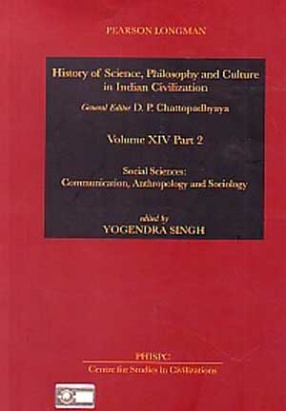
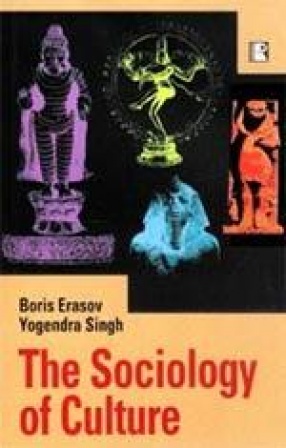
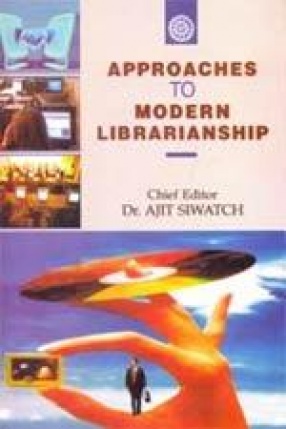

Modernization Of Indian Traditions This is a comprehensive sociological study of the processes and problems of modernization in contemporary India. It refers to the vast range of changes that are taking place today in the forms and functions of the Indian social structure and traditions. Some questions examined with the help of rich secondary data are: How are the major traditions of Hinduism and Islam responding to the demands of modernization? How are the ...
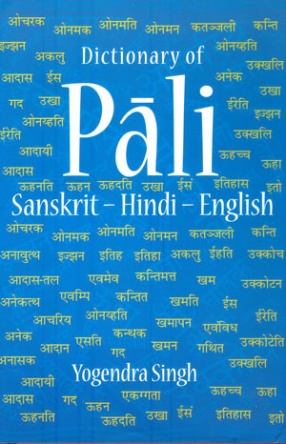
As the teachings of the Buddha and the main Buddhist literature in original, as well as in translation, are contained mainly in Pali and Sanskrit languages, apart from Tibetan and Chinese as well, knowledge of Pali and Sanskrit is always essential to study the core of Buddhism -- its basic teachings -- and understand its basic concepts and perceptions. This voluminous edition has been offered in order to aid in the knowledge of the Pali and Sanskrit languages. ...

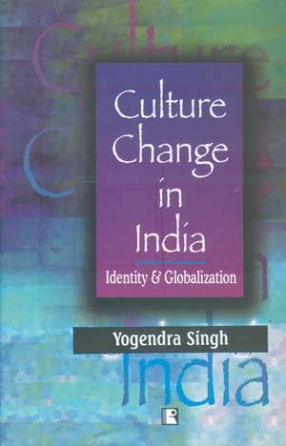
Culture Change in India: Identity and Globalization offers a critical evaluation of changes in cultural values, institutions and ideologies which constitute India's response to the contemporary challenges from the forces of cutlural and economic globalization. In the backdrop of discussions of conceptual and theoretical issues in the study of culture and its processes of change, it evaluates the significance of the present social structure of the Indian ...
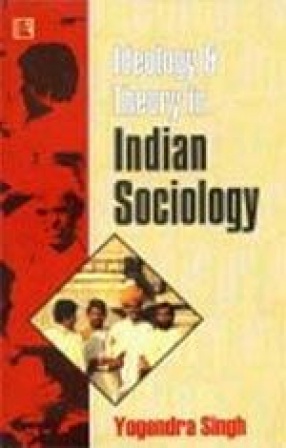
Ideology and Theory in Indian Sociology is a collection of essays which offers insight into the normative and ideological underpinnings of the Indian sociology in the context of its growth and the challenges that it has encountered in the realms of theory and methodology. These issues have been analyzed in the perspective of the western sociology and its own theoretical and methodological evolution. The book highlights how Indian sociology, despite its deeper ...

Boris Erasov, a Soviet culturologist, and Yogendra Singh, an Indian sociologist, collaborated to draw attention to a scientific discipline whose role is growing rapidly today. It regards culture not only as a purely liberal arts subject, but also as a component of social regulation. Readers will find the answers to the following questions in The Sociology of Culture: What is the Meaning and structure of culture? What is its role in society/ what causes changes in ...

The libraries saw their advent in their present shape towards the end of 19th century. Information became capital and a saleable commodity in the 2nd half 20th century. Application of information technologies-computer, telecommunications and document reproduction- in 1960’s for a variety of purposes gave birth to information revolution. Libraries could not affo5rd to avoid the magnetic touch of these technologies. In fect, a library has one of the first few ...


